Build resilient infrastructure, promote inclusive and sustainable industrialization and foster innovation
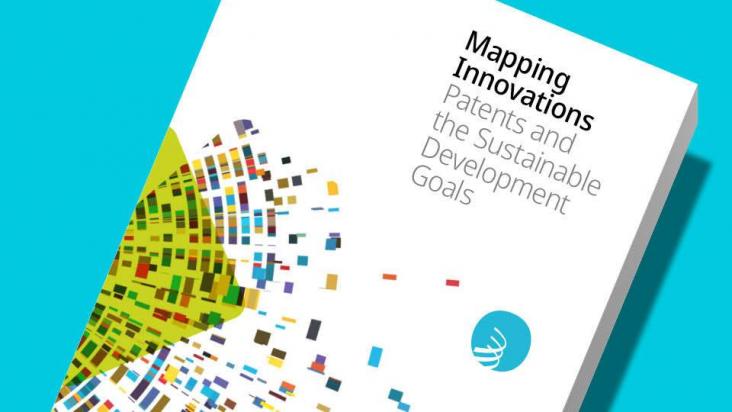
This comprehensive report produced by World Intellectual Property Organization (WIPO) presents an extensive analysis of patents mapped to the United Nations Sustainable Development Goals (SDGs).
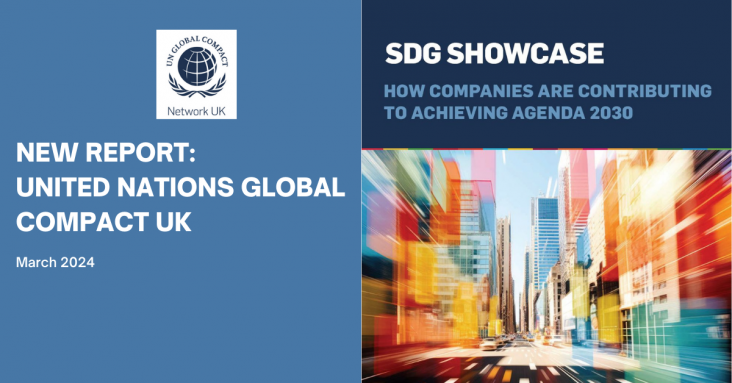
In recent years, increased expectations from investors, regulators, employees, and customers have put significant pressure on companies to increase their sustainability efforts.
The Sustainable Development Goals (SDGs) are not just another sustainability framework, but the only universally agreed blueprint to turn meaningful ambition into transformational change. However, businesses report difficulties in integrating the SDGs into their core strategies and in understanding, reporting, and managing their impact on the Goals.
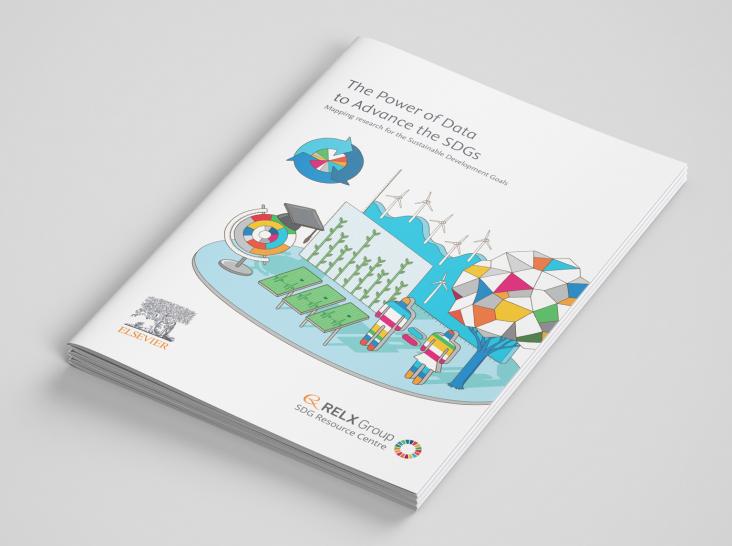
Access to information is critical in achieving the SDGs - empowering the public to make decisions, informing policy making and enabling effective implementation and monitoring. RELX businesses regularly produce and publish free to download reports and analytics that draw upon vast amounts of information and data in support of the SDGs. Explore some of the reports and tools developed to date.
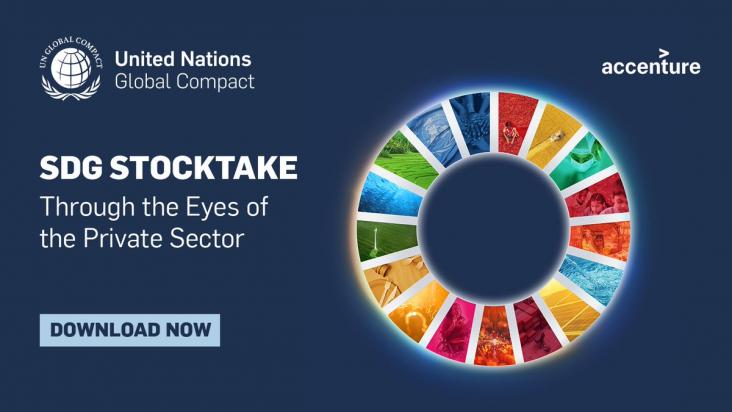
The United Nations Global Compact-Accenture Global Private Sector Stock take report report offers an appraisal of private sector contributions to the SDGs so far and outlines a clear pathway for private sector action over the next seven years.
Contributing to SDGs 9, 12 and 13, this paper provides an in-depth analysis of the technologies available to reduce CO2 emissions in those sectors, and the implications for introducing consistent measures to deliver on emission reduction targets.
This case study shows the contribution of the Global Partnership for Sustainable Development Data to the Open Algorithms Initiative. It addresses how to unlock the potential of private sector data for public good purposed in a safe ethical, scalable and sustainable manner furthering goals 9 and 17.
The Africa Regional Data Cube (ARDC), based on the Open Data Cube infrastructure, is a technological innovation that layers 17 years of satellite imagery and Earth observation data for five African countries. This report identifies the key enabling environment, data management and sharing factors that affect the operationalization of the ARDC and makes recommendations to inform the scale-up of the technology, furthering SDGs 9 and 17.
Despite the great potential of mobile data to support the delivery of the sustainable development agenda across sub-Saharan Africa, access to the data remains a great challenge due to real or perceived barriers. In order to address gaps in timely data that provide information on the SDGs, a multistakeholder workshop was held in Nairobi, Kenya, in February 2019, contributing to SDGs 9 and 17.

Correspondent banking is the cornerstone of the global payment system, designed to serve the settlement of financial transactions across country borders. It allows companies and individuals to safely move money around the world and supports and encourages global trade. Since the financial crisis, tighter regulations - and in particular the regulatory penalties imposed for violations of anti-money laundering (AML) – have caused western banks to rethink their global strategy. The risks of doing business in many developing nations are beginning to be seen as outweighing the financial benefits brought by correspondent banking activity. As a result, US and European banks have reduced their correspondent banking activity in the riskiest regions.
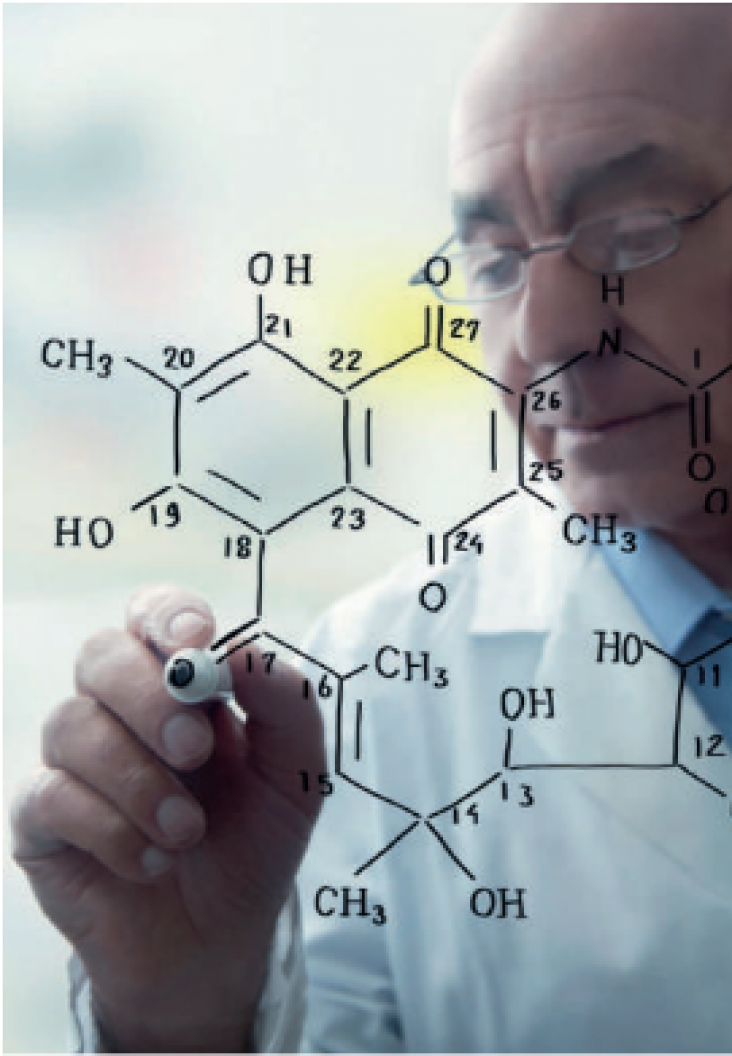
ICIS launches the search for the very best in innovation in the chemical industry. Now in their 14th year, the ICIS Innovation Awards seek to recognize and reward companies and individuals that show high levels of innovation in products and processes, as well as providing benefits to the environment and advancing progress towards sustainability. This award raises awareness of the benefits of innovation to the environment and supports SDG 9 Industry, Innovation and Infrastructure.
